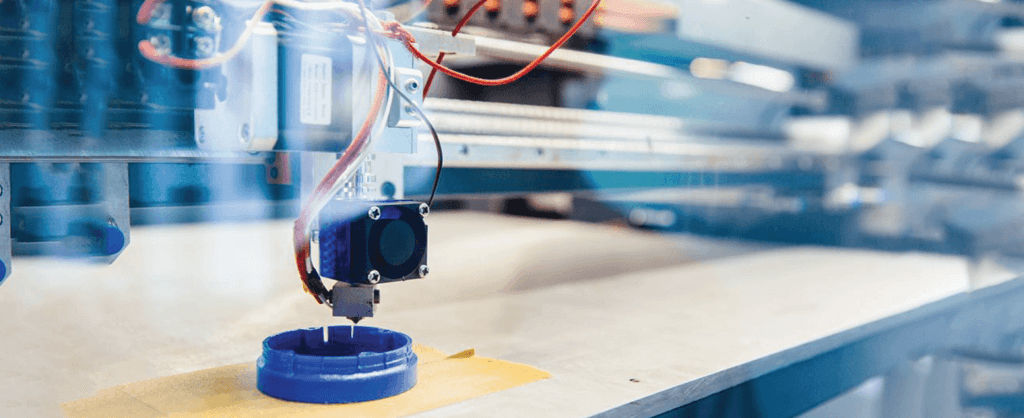No longer an abstract conversation designed to appeal to changing consumer tastes, sustainability has in the past year become a serious endeavor for retailers. With 60 percent of consumers across all generations saying they’re willing to change their shopping habits to reduce environmental impact, retailers like Levi’s, IKEA, and Lush are taking steps to reduce water use, increase their use of renewable materials, and remove the need for packaging, respectively.
Today, many retail corporations expect their suppliers to adhere to modern sustainability standards. The expectations go far beyond the first-tier suppliers, with companies aiming to create sustainable practices in the entire supply chain. Some of the benefits of a sustainable supply chain include improved productivity, cost savings, and increased efficiencies.
The Importance of Sustainability in Supply Chains
A typical retailer’s supply chain accounts for more than 80 percent of its greenhouse gas emissions. And it isn’t only the environment that’s feeling the effects. Without a sustainable supply chain in the retail industry, for instance, a company’s profit is more likely to be affected by things like climate-change related disasters.
To achieve a sustainable supply chain for retail, companies must address social, economic, and environmental concerns across the entire supply chain. This can be accomplished by adopting socially responsible business practices that are good for the planet and its inhabitants. By reducing waste and their environmental footprint, retailers see:
- Improved supply continuity. Many manufacturers are overly reliant on one or two suppliers in their chain. Diversifying the supply chain to account for events like natural disasters helps avoid this over-reliance, preventing reputational damage and costly downtime.
- Reputational damage control. It’s easier than ever for consumers to find which suppliers make up a retailer’s supply chain. Today, people are highly interested in whether the brands they buy from support fair working conditions, livable wages, and environmental sustainability. Protecting brand reputation through a sustainable supply chain for retail enhances business growth and improves a brand’s status.
- Potential for new partnerships. Retailers with a sustainable supply chain can see increased efficiency and agility. It also opens up the window to experimenting with innovative, unprecedented types of collaborations across sectors and geographies.
The extra effort involved in building a sustainable supply chain is a high-payback investment in both economical and non-economical ways.
The Role of Sustainability in Supply Chains
In the retail sector, adopting a circular economy approach helps reduce environmental and financial costs throughout the supply chain. By closing the supply chain loop through initiatives like turning waste to value wherever possible, retailers can achieve financial advantages such as:
- Reduced resource consumption.
- Waste-generated revenue.
- Eliminated financial and environmental costs related to the removal process.
One of the biggest challenges retailers face is uncovering the best way to incorporate a closed-loop supply chain strategy while putting waste to future practical purposes. They also face growing pressures from consumers who expect them to mitigate the harmful social and environmental impact their conventional supply chains are having.
The Role of UBQ in a Sustainable Supply Chain
Consumers are also focusing on things like transparency and ethical consumption. Retailers find themselves needing to pay closer attention to sustainably sourced labor and materials so they can present as more human-centric to their customers. A great example of this are the Fairtrade Foundation campaigns, which are focused on improving environmental and working standards for those at the beginning of the supply chain. Many of the world’s largest brands have already committed to using only sustainably sourced materials.
UBQ recognizes the urgent need to reduce global warming levels. We believe a zero-waste approach is one of the best ways to reduce emissions and accelerate the transition to a circular economy. UBQ™ material is a climate-positive thermoplastic that can be used in many manufacturing applications, creating products with reduced carbon footprints. Our pilot industrial plant already supplies UBQ™ material to manufacturers who use it to produce climate-positive food trays for McDonalds and other products like designer furniture, waste carts, and flooring.
While it will undoubtedly take some time for retailers to change their behaviors, sustainability is destined to remain a priority for the sector and other industries. The benefits of closing the supply chain loop and adopting a circular economy model are too significant for retailers to pass up. As the world’s industries advance sustainability goals to meet the to meet the 17 Sustainable Development Goals set out in the 2030 Agenda for Sustainable Development, retailers will continue to identify the solutions that best fit their specific supply chain strategy.


